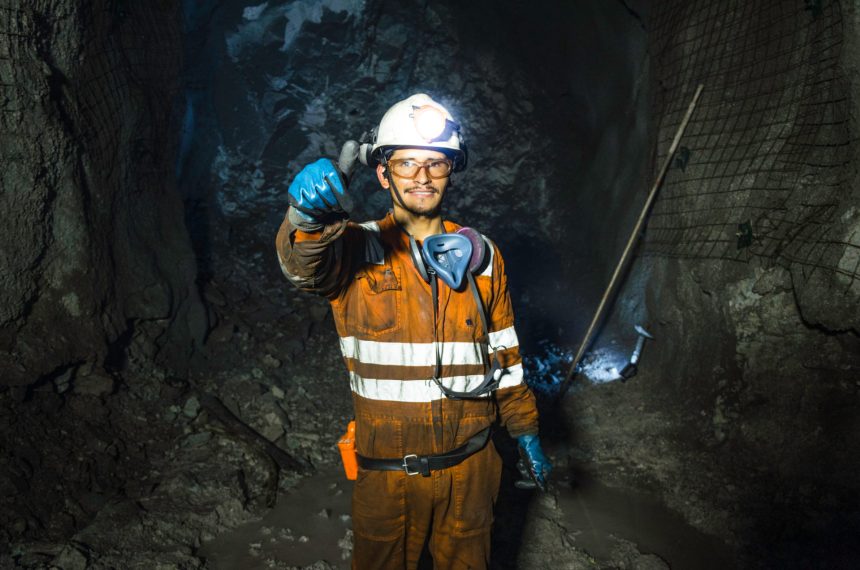Christmas has come early for labour-hire mineworkers across Australia, who will now receive the same pay as permanent employees.
The change comes after crucial parts of the Government’s Closing Loopholes Bill were approved by the Federal Parliament today, which aims to end the exploitation of labour hire tradies.
The mining industry is the nation’s most profitable sector, worth over half a trillion dollars per year.
But until this week, 6000 workers on labour-hire contracts saw their wages undercut despite doing the same job as their colleagues.
The passed provisions will prevent mining companies from continuing to short-change labour-hire workers who are currently paid an average of $4,700 less than permanent miners despite doing the same hard yakka.
Same Work Same Pay decision praised
Mining and Energy Union General Secretary Grahame Kelly said the government’s decision to end the profit-boosting practice was common sense and thanked them for listening to the industry’s concerns.
“Labour hire exploitation is out of control in the mining industry, and workers have been raising this issue for many years,” said Mr Kelly.
“We thank those Senators who have seen through the big mining companies’ multi-million dollar BS and supported a fair go for Aussie workers.”
“After years of campaigning for Same Job Same Pay, the MEU will now focus on making sure these new laws deliver for workers across the mining and energy industries.”
New research from the Australian Council of Trade Unions (ACTU) shows that bringing labour hire wages up to par will only cost mining companies 0.016% of their yearly profits, despite their reluctance to introduce the changes.
Mining companies predict losses
Big mining company BHP is leading the charge, presenting a laughable claim that it will lose $1.3 billion if the Bill passes. According to government estimates, this outrageous figure is 26 times higher than the estimated total cost facing the entire mining industry.
ACTU Secretary Sally McManus disagreed with this estimate and said mining companies were trying to hold back Aussie workers from getting better workplace rights.
“The mining industry is so profitable it could give every Australian worker a 6% pay increase and still be the most profitable industry in Australia,” she said.
Central Queensland labour-hire mineworker Brodie Allen said passing the “Same Job Same Pay” legislation was a fantastic early Christmas present for Aussie mineworkers who had previously felt undervalued by mining companies.
“There are thousands of workers like me who have been labour hire for years. We’ve been treated as second-class citizens for too long,” he said.
“This is a great day because we now have laws to stop big mining companies paying us less than the permanent workers beside us.
Other sections of the Fair Work Legislation Amendment (Closing Loopholes) Bill 2023, which were passed this week, include more substantial workplace delegate rights, support for first responders diagnosed with PTSD, criminalisation of industrial manslaughter and the inclusion of silica-related diseases within the Asbestos Safety and Eradication Agency.
A Mining and Energy Union statement said the bill further provided financial security to mining workers by criminalising wage and superannuation theft.
“For too long, workers have had wages stolen from them with little recourse,” they said.
“This Bill will increase the civil penalties for wage theft and criminalise intentional wage theft.”






